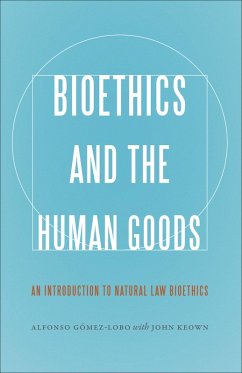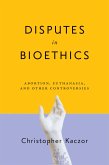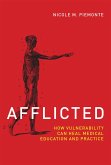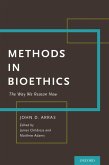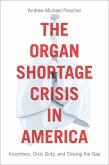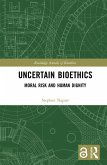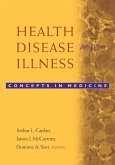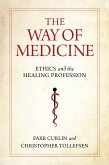Bioethics and the Human Goods offers students and general readers a brief introduction to bioethics from a "natural law" philosophical perspective. This perspective, which traces its origins to classical antiquity, has profoundly shaped Western ethics and law and is enjoying an exciting renaissance. While compatible with much in the ethical thought of the great religions, it is grounded in reason, not religion. In contrast to the currently dominant bioethical theories of utilitarianism and principlism, the natural law approach offers an understanding of human flourishing grounded in basic human goods, including life, health, friendship, and knowledge, and in the wrongness of intentionally turning against, or neglecting, these goods.
The book is divided into two sections: Foundations and Issues. Foundations sketches a natural law understanding of the important ethical principles of autonomy, non-maleficence, beneficence, and justice and explores different understandings of "personhood" and whether human embryos are persons. Issues applies a natural law perspective to some of the most controversial debates in contemporary bioethics at the beginning and end of life: research on human embryos, abortion, infanticide, euthanasia, the withdrawal of tube-feeding from patients in a "persistent vegetative state," and the definition of death. The text is completed by appendices featuring personal statements by Alfonso Gómez-Lobo on the status of the human embryo and on the definition and determination of death.
The book is divided into two sections: Foundations and Issues. Foundations sketches a natural law understanding of the important ethical principles of autonomy, non-maleficence, beneficence, and justice and explores different understandings of "personhood" and whether human embryos are persons. Issues applies a natural law perspective to some of the most controversial debates in contemporary bioethics at the beginning and end of life: research on human embryos, abortion, infanticide, euthanasia, the withdrawal of tube-feeding from patients in a "persistent vegetative state," and the definition of death. The text is completed by appendices featuring personal statements by Alfonso Gómez-Lobo on the status of the human embryo and on the definition and determination of death.
Dieser Download kann aus rechtlichen Gründen nur mit Rechnungsadresse in A, D ausgeliefert werden.

